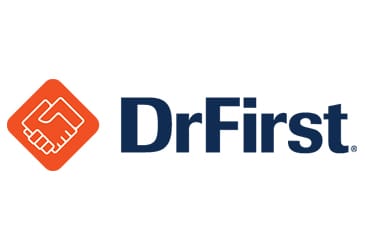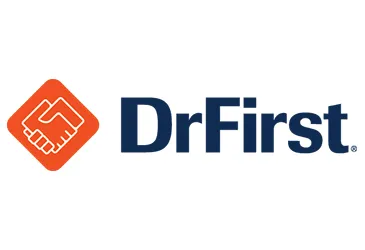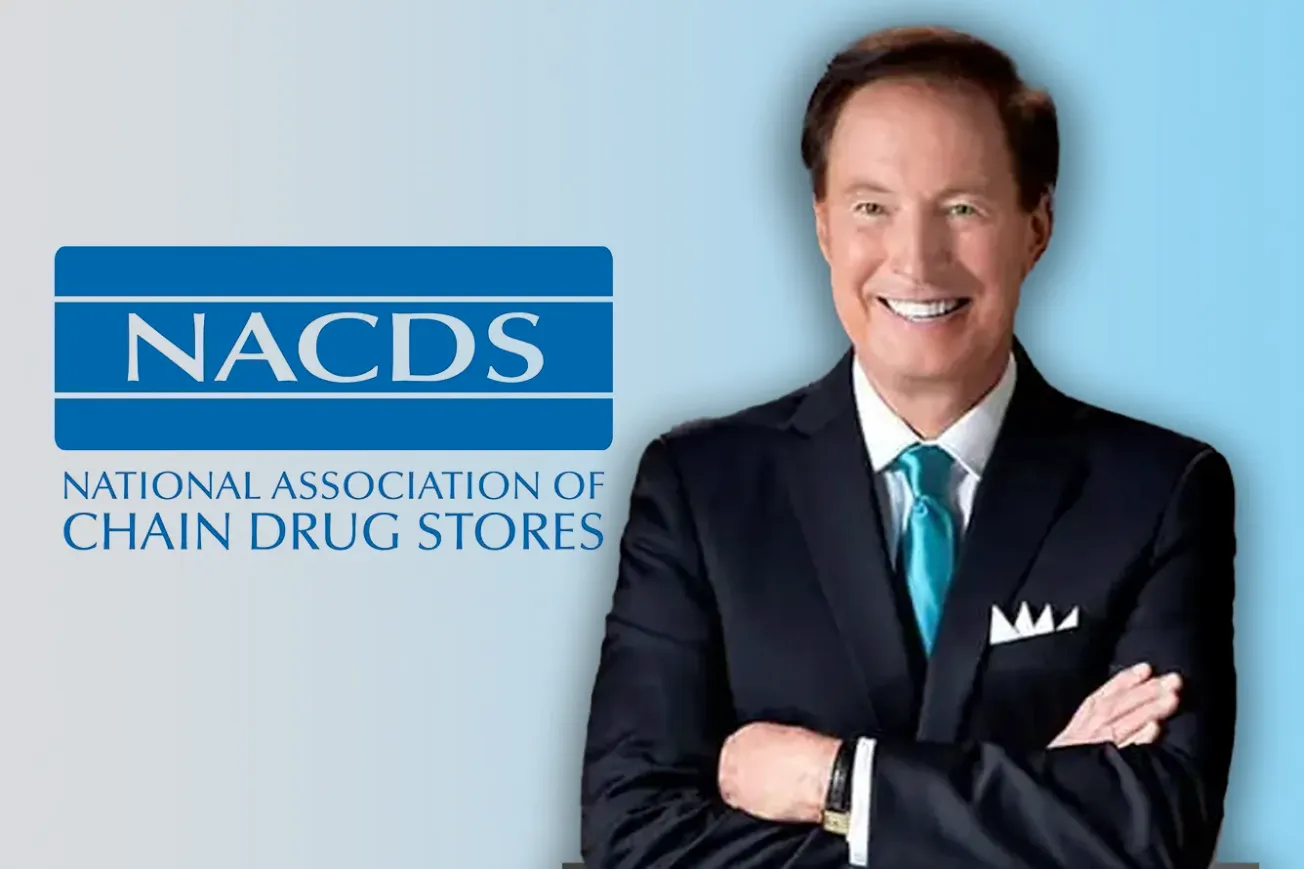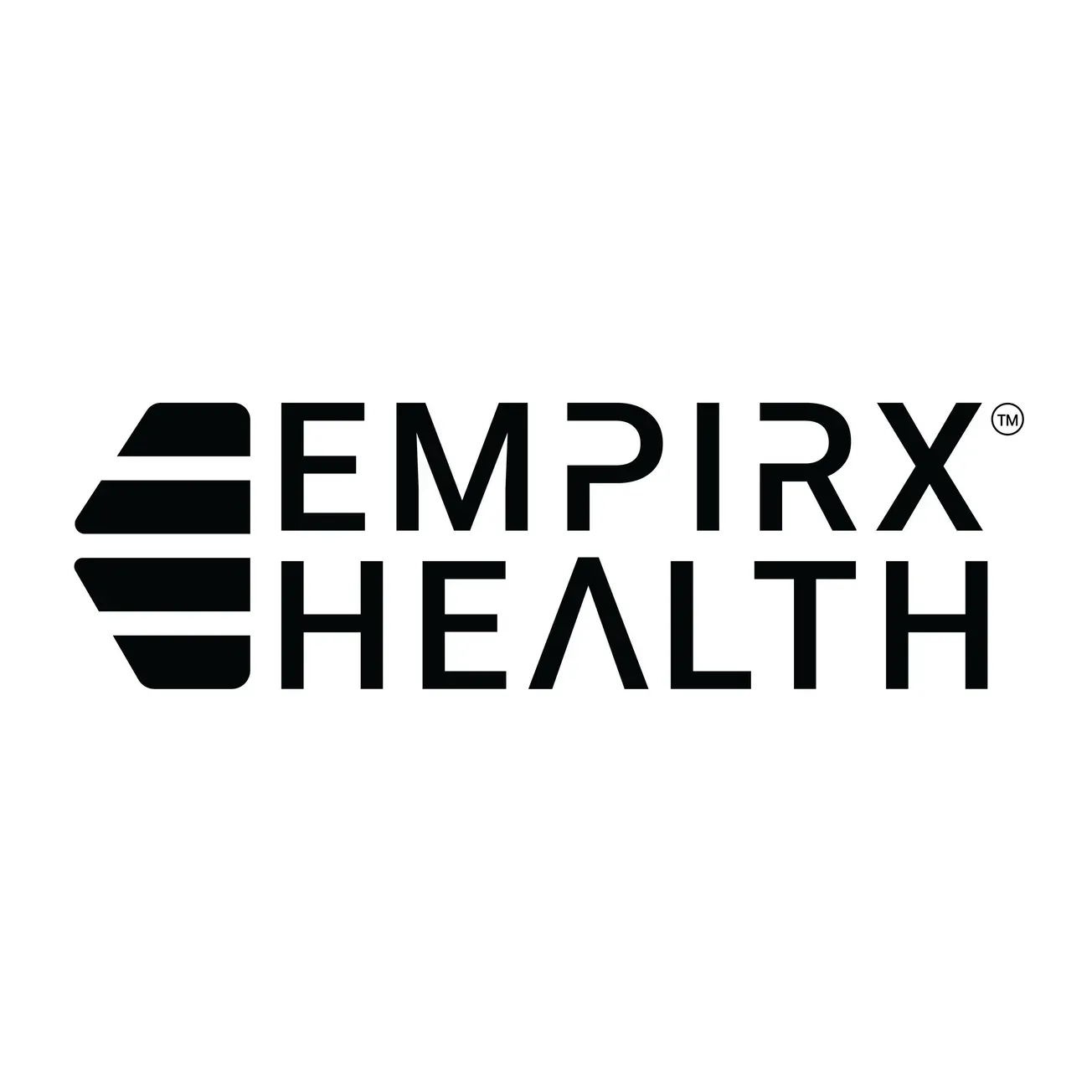ROCKVILLE, Md. – DrFirst’s new prescription monitoring solution – TrueRx – will give the nation’s pharmacies their first-ever standardized alert system to protect against prescriber identity and prescription fraud.

Backed by AI-enabled digital fingerprint technology, the health tech pioneer’s latest, patent-pending innovation shores up a longstanding point of vulnerability: the risk of a prescriber’s identity information being used by bad actors to gain access to medical credentials and commit prescription fraud. There has been no system to aid pharmacists who receive fraudulent prescriptions.
TrueRx’s algorithms learn prescribing behaviors associated with registered prescribers nationwide. When a prescription arrives at the pharmacy, digital fingerprint analysis alerts the pharmacist if one or more “behavior outliers” are detected that are typical in cases of stolen identity. As methods of identity fraud become more complex, the algorithms will learn new behaviors to better prepare for the next style of attack.
“In much the same way that credit monitoring uses data to validate that consumers are who they claim to be, we can now do the same for prescribers and pharmacists,” said Colin Banas, M.D., M.H.A., chief medical officer for DrFirst. “Our platform is the first in the industry to monitor prescriber trends and track data for prescriber location, medication types, and volume – data that tells us when something’s not quite right so we can give pharmacies what they need to protect patients and providers. An added benefit is it creates more efficient and safe workflows between pharmacists and providers.”
Incidents of prescriber identity theft have been documented for about 10% of the 1 million prescribers in the U.S. Bad actors aren’t just targeting controlled substances, such as opioids and narcotics; they also focus on high-cost specialty medications, including AIDS drugs, popular weight loss injectables, and powerful cancer therapies.
A 2023 survey from iPrescribe by DrFirst reveals a disconnect between providers’ concerns about security and how they store and protect their credentials.
While half of providers said they are very or extremely concerned about prescriber identity protection, more than two-thirds (71%) said they don’t monitor for identity theft, and nearly 80% do not store their records securely.
When asked their level of concern about identity fraud, prescribers ranked it as:
- Extreme (26%)
- Very (26%)
- Somewhat: 33%
- Not so much: 15%
In spite of these concerns, prescribers say they use non-secure methods to store their medical credentials, including:
- In a filing cabinet (46%)
- On a personal computer (27%)
- In an email (26%)
Prescriber identity is a significant problem in the digital age of healthcare, but not for the reasons we might think, according to Banas.
“The expectation that e-prescribing would solve the problem of stolen paper prescription pads didn’t account for how advanced identity risk has become in the digital age,” he said. “The safeguards in place for digital prescribing hold up to the pervasive attacks we see today, but what people – including doctors – do on the Internet in their personal lives is still connected with everything in their professional lives. So, it’s especially risky to use just one password to secure your identity as a provider.”
Banas said there’s plenty that healthcare providers can do right now to secure their prescriber identity from the threat of theft and fraud, including:
- Be aware of information that could make your personal and professional identity readily available on the web
- Follow IT security policies at your hospital, health system, or practice site
- Use unique login credentials for every platform every time
- Add two-factor authentication to your accounts
- Download an authenticator app to connect two-factor logins
Methodology
iPrescribe by DrFirst surveys explore consumers’ perspectives about medication use and healthcare in the U.S. A national survey of 779 licensed U.S. prescribers within the DrFirst network was conducted by TechValidate on behalf of iPrescribe by DrFirst in May 2023. Survey responses were gathered from a range of clinician prescribers, including medical doctors, nurse practitioners, physician associates, and dentists, among others.









